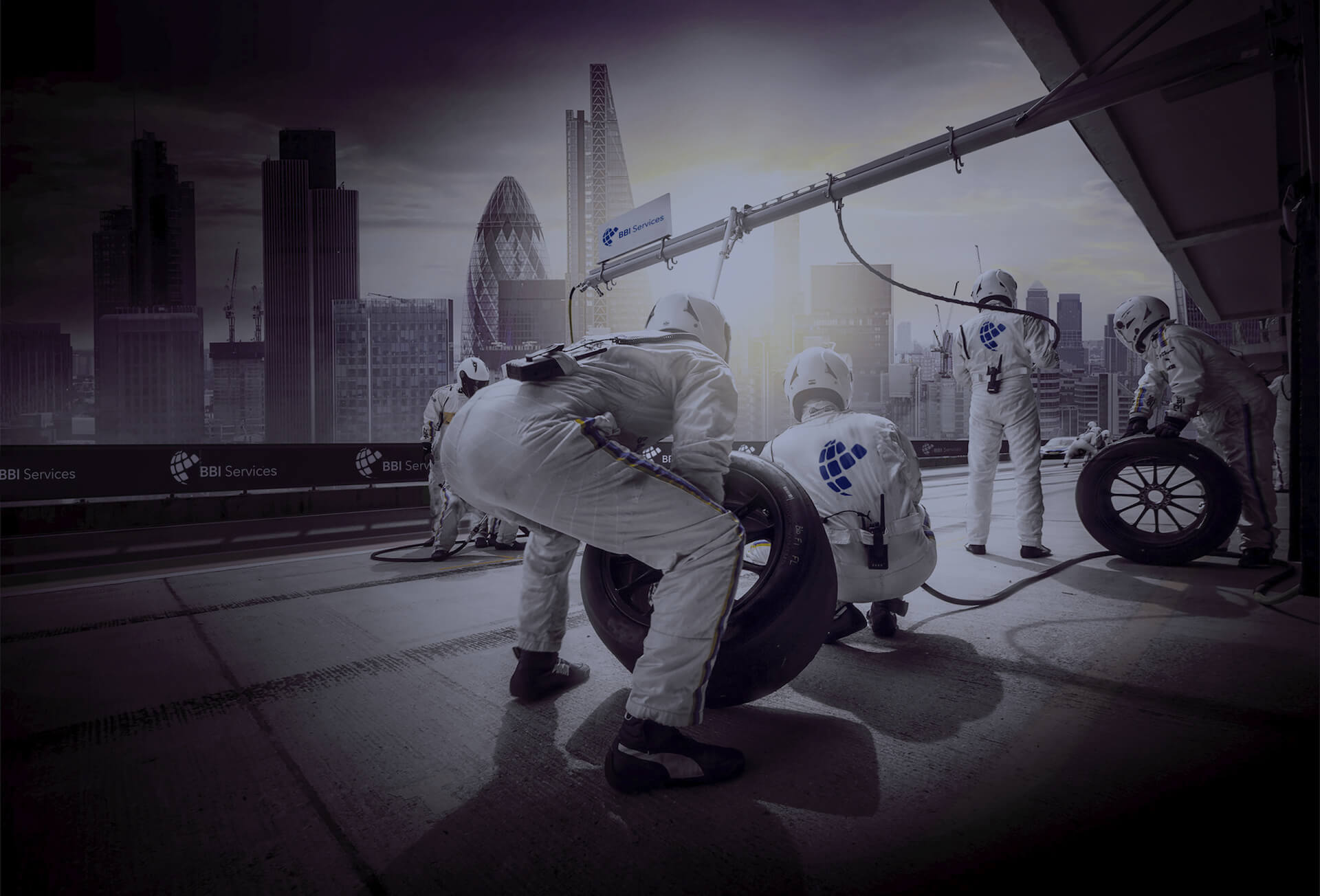Mark Worrall, CEO of BBI Services, explains how perfecting processes is a vital way construction organisations can cut their carbon footprints.
In 2022, there’s little doubt in anyone’s mind – on sustainability, construction has to go much, much further.
As we all know, the scale of the challenge is immense. A vast, staggeringly intricate global economy that was founded on the use of fossil fuels has to reach the stage where it can almost entirely do without them.
To give us the best possible chance of avoiding spiralling climate change, we have to limit rising global temperatures to no more than 1.5 degrees Celsius.
Which in turn, requires us to drastically reduce the amount of carbon we’re pumping into the atmosphere.
As one of the most material-intensive industries on Earth, construction has a vital role to play in this process. Globally, construction accounts for 36% of energy use, and 39% of overall carbon emissions.
And yet, buildings still need to be built. So how do we square that circle?
It’s a puzzle that thousands of organisations throughout world construction have spent considerable time and energy trying to solve – and there’s no question that big improvements have and will continue to be made.
Everyone contributing will have a dramatic impact throughout the sector.
The question is, what can you do? There are some critical areas you can home in on.
Perfecting processes
Construction obviously consumes a colossal amount of materials – 56% of the UK’s overall total, according to BREEAM – which makes it a key area where we need to improve, achieving more with the same is key to drive sustainability and cut their carbon emissions.
In our view, tackling processes is an extremely effective way of becoming more sustainable.
Bad processes are bad for the environment. If you order too much material or not enough and then have to order again, or do something badly and thus create rework that needs to be done, you’re creating unnecessary carbon emissions.
Having highly efficient people and teams who work within streamlined processes that focus on value, right first time and can successfully identify waste and duplication is essential for the environment.
Also, by using machinery that’s operating at peak performance, alongside highly efficient manufacturing systems, simple and low cost solutions can also be an approach to improve processes, productivity and performance.
Eradicating waste
First – as obvious as it sounds, only order what you need to build, and arrange for delivery for exactly when you want to build it. Of course, that’s easier said than done – no one wants to over-order.
But by rigorously assessing the project at hand, and feeding in lessons learnt from previous projects of a similar kind, you can not only define exactly what you need, and when you’ll need it but you can also shape how you want it, who will make or build it, and identify the best ways of doing this.
It’s key to get materials when (and how) you need them, and added into the required sequence and delivery slots. By taking an end-to-end systematic approach to the delivery programme, and identifying how you ‘feed’ the machine with people, products, equipment and information, will help to facilitate a robust programme with high performing factors.
Without this, over ordering, damaged products, frustrated teams and poor productivity will occur.
If it’s not moderated, and change doesn’t occur, it will result in an enormous amount of carbon being pumped into the atmosphere that didn’t have to be there.
Value streams matter
Similar problems occur when you don’t keep a firm grip on your project timelines, logistics and critical value streams.
At the outset of projects, the logistics and lifting plans are all in place. As mentioned above, it’s essential to ensure the robustness of the supply chain to manufacture the parts and the logistics systems, in order to move materials.
Without this rigorous detail, over time, things may start to slip out of sequence and get delayed. Suppliers could deliver outside the times they were supposed to, to suit them rather than the programme, and without robust measures and processes to challenge it, this is likely to continue.
Early or late, deliveries will become the norm, which can cause all sorts of problems elsewhere – with that, inefficiencies lead to waste, rework, and, again, unnecessary emissions.
We can help you
At BBI, we help some of the construction sector’s biggest and most established businesses do better.
By rigorously honing their processes, driving sweeping cultural change, and ensuring that best practise is common practise in every sphere, BBI supports world-leading organisations become more streamlined and effective.
We can do the same for you – and ensure you become more sustainable than ever before.
